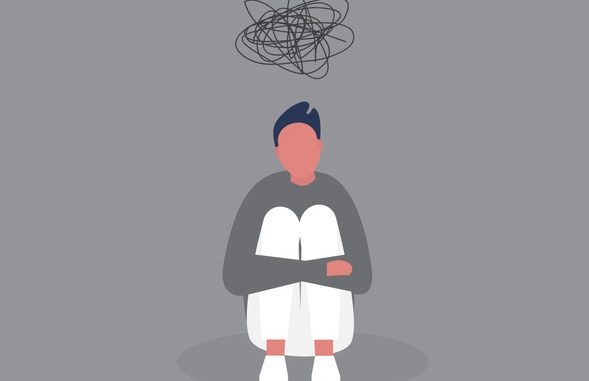
Patients ask what depression is but, ultimately, our understanding of mental health problems is poor
This is an edited version of an article first published by The Guardian
During medical school I was made aware, in an abstract sense, of the scale of the problem that mental health disorders pose to our healthcare system. Systematically, I learned how each one was treated, readying myself to regurgitate management plans in a viva. With my hurried response to the examiners’ question, the hypothetical situation would be resolved, and my patient healed.
Years later I am working as a junior doctor in general practice. The receptionists have left a note on the electronic record, ‘Needs to talk about mental health’. My opening gambit is always to listen. I listen to the stories of childhood abuse suffered. I listen to the scores of people who feel that they just cannot go on anymore; work, home, there is no escape for them. I hear about the multiple visits to the emergency department after suicide attempts. I was not prepared for this. I was not prepared for the 25% of adults in the UK who have experienced a mental illness.
Take depression as an example. It is, typically, expected to affect one-in-10 people throughout their lives. It is the single largest cause of disability worldwide. Depression costs the UK £7.5bn per year due to cost of healthcare and loss of employment. The staggering prevalence of depression means that GPs will see many people each week, if not each day, with the condition.
How can we help?
Patients ask what we can do to help. They need this sorted out. My mind is cast back to the exams; I know this one. I default to the script. I tell them about cognitive behavioural therapy, a talking therapy which can be effective in depression. Then I tell them about the waiting list; for some, it can exceed a year. I tell them about the medications, for some of which there is good evidence to suggest will help in certain cases. Then I tell them about the side effects: weight gain, nausea, constipation – some of them might even make you more anxious at first. The risk-benefit ratio can be precarious. Patients may have to wait months for specialist psychiatric input if it is required.
This is why, when patients describe non-specific symptoms that could, theoretically, be attributed to physical or psychiatric illnesses, it is easy to desperately think of alternative diagnoses. If you have told me your mood is low, you are tired and have put on weight, we could check your thyroid hormones; maybe they are low – we can treat that – something is deficient and I can replace it. I can give you a pill and ask for you to book some follow-up blood tests. With a knowing smile I have diagnosed you and sent you away with effective medication.
This is not the case with mental illness. I have to work outside of the comfortable diagrams. It is more unknown. Patients ask what depression is. They ask if it is genetic. They ask if it is their fault. I do my best to explain. I give our current best guess – there is an imbalance, or dysfunction, in the brain’s chemical messengers, neurotransmitters – but, ultimately, our understanding of mental illness is relatively poor.
Change on the way?
The 10 minutes available to a GP for each appointment is barely enough to listen, let alone understand and provide holistic care. Mental health disorders pull doctors out of the comfortable and traditional doctor-patient paradigm, often rendering us inert.
Changes are already being put in place, though. The Five Year Forward View for Mental Health from NHS England identified parity of esteem between physical and mental health as an essential goal; this reflects broader institutional acknowledgement of the challenge.
In recognition of gargantuan waiting times, in 2008 NHS England rolled out the Improving Access to Psychological Therapies programme, which aims to provide effective talking therapies to those with anxiety and depression. Since inception the programme has grown steadily but, currently, 960,000 patients per year have been able to access the service – only approximately 16% of those with depression and anxiety in the UK.
Despite these efforts the magnitude of this problem is yet unmatched by institutional and scientific progress. The reality of helping those with mental illness in primary care is a monumental challenge. I wish we could do more and I wish the system served these patients better.
Don’t forget to follow us on Twitter, or connect with us on LinkedIn!

Be the first to comment